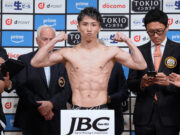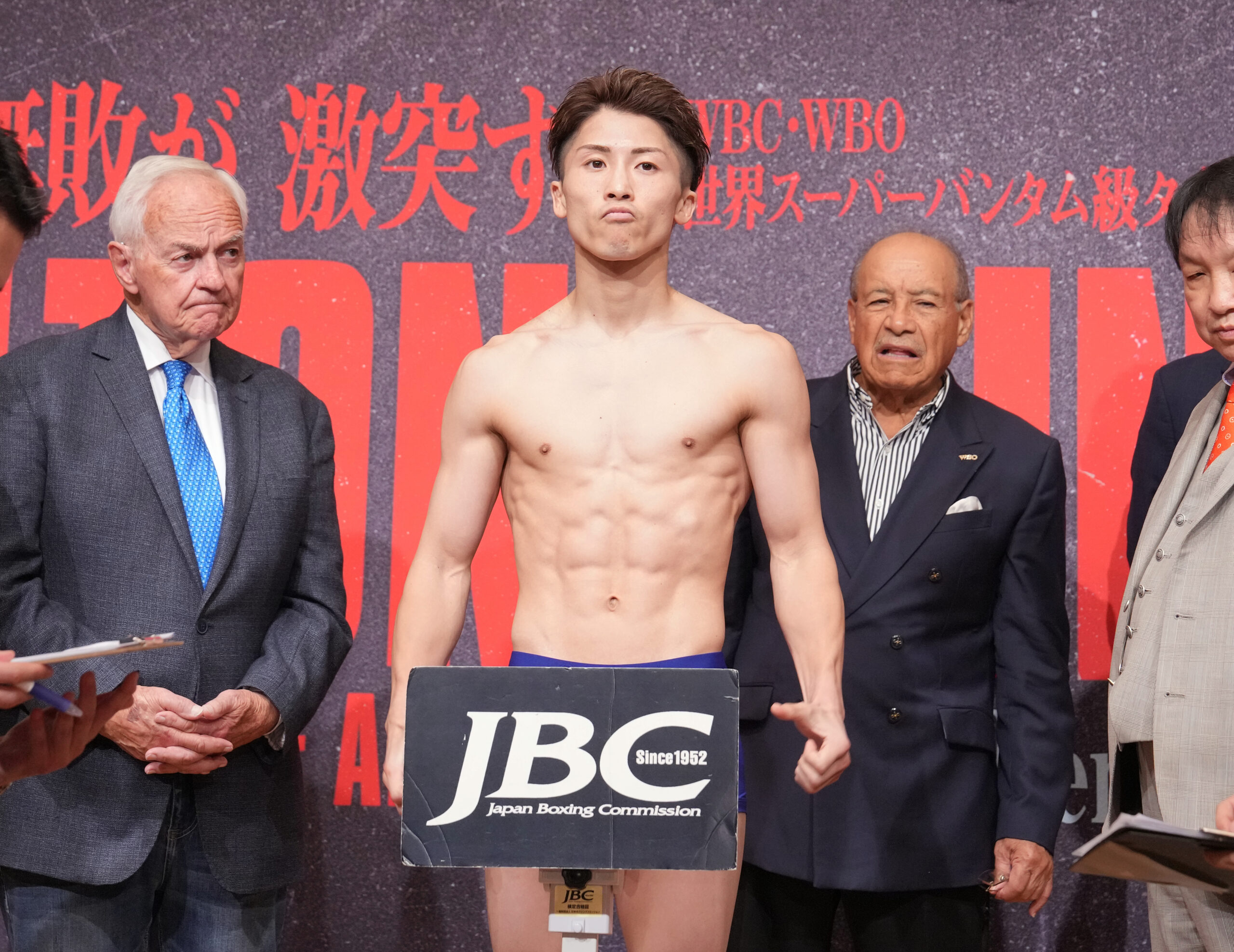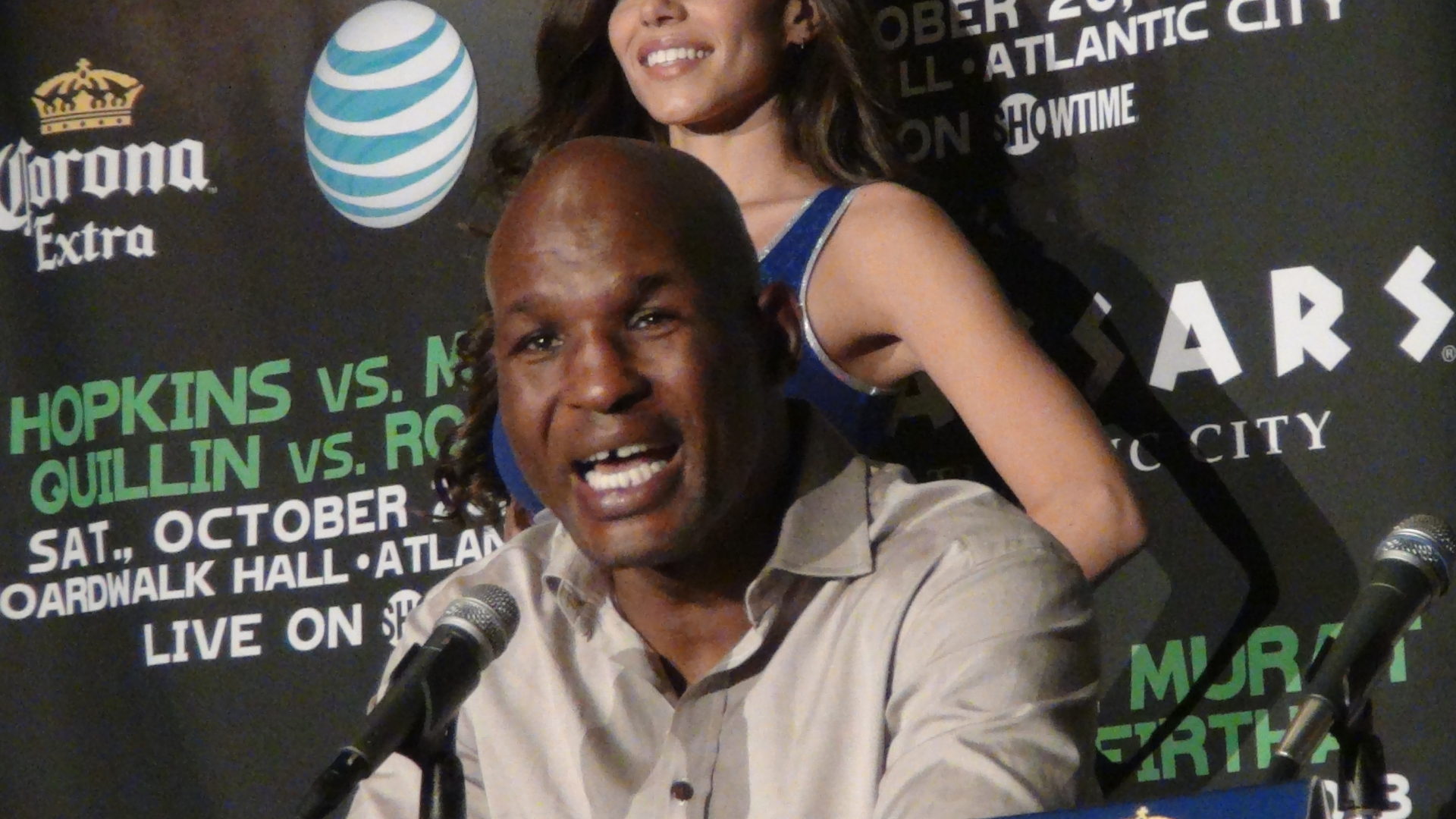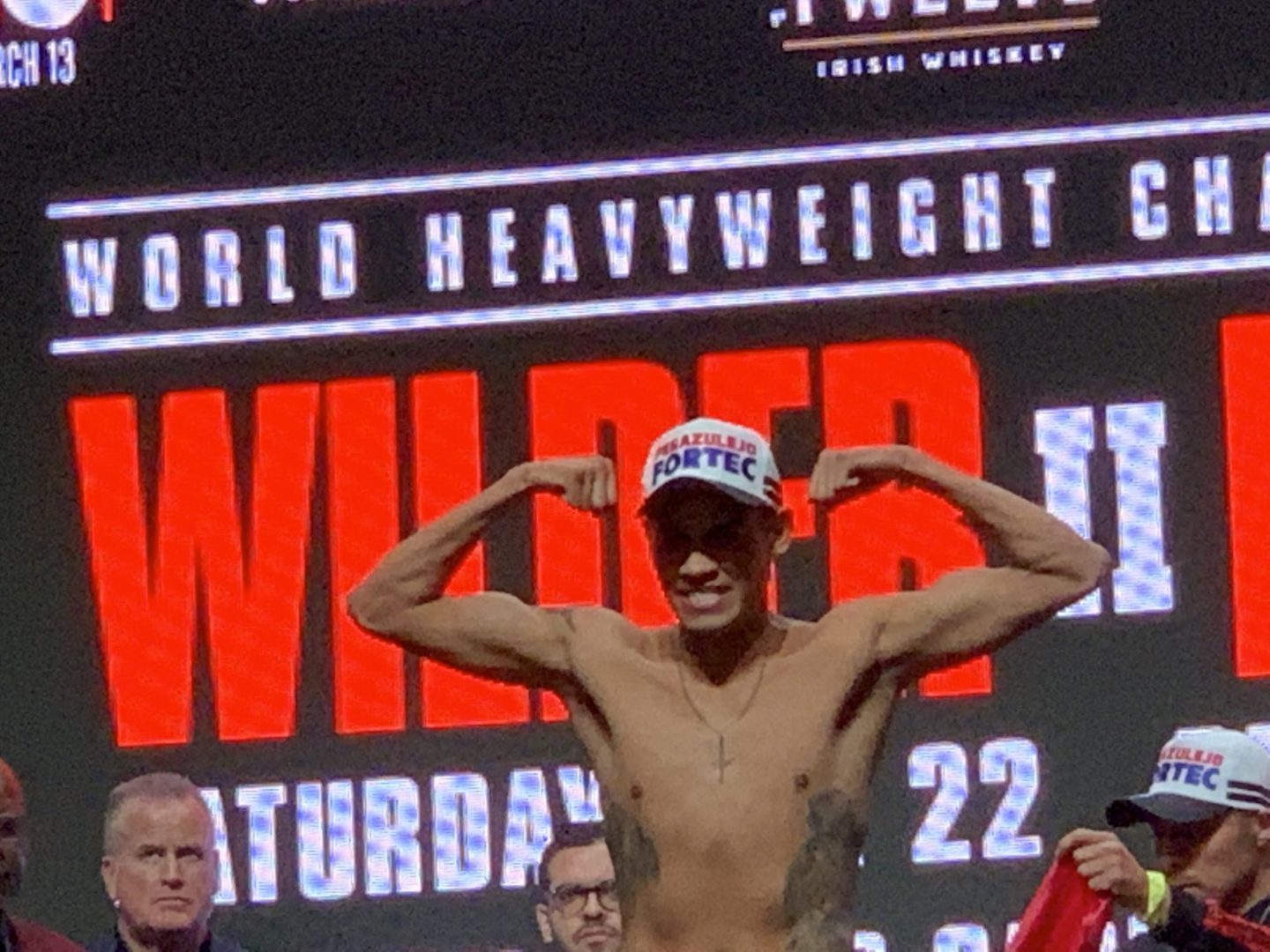By Norm Frauenheim–
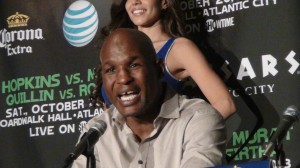
A couple days after 40-year-old New York Yankees shortstop Derek Jeter began a long goodbye to baseball with the first stop in a farewell tour, 49-year-old Bernard Hopkins talked during a conference call Thursday about a new beginning in the cruelest game of all. Jeter got golf clubs, cowboy boots and a Stetson as big as the old Astrodome before a game in Houston. That’s a lot better than a punch in the face, which is about the only thing Hopkins can be sure of getting on April 19 in a fight with light-heavyweight Beibut Shumenov, who was a four-and-a-half-year-old kid in Kazakhstan when Hopkins lost his pro debut in October 1988.
Hopkins has been fighting for so long that it’s getting hard to remember what boxing was like before him. Indeed, the youngest generation of fans and fighters have never known the sport without Hopkins, who has been around since Ronald Reagan and at this rate might still be fighting after Barack Obama moves out of the White House. Truth is, there are some in his own generation who would be happy to see him retire. They’d even buy him the boots, Stetson and clubs if he would.
But Hopkins fights on, in part out of familiar defiance, in part for an ongoing pursuit of history and, mostly, because he can.
There’s a compelling argument that Hopkins continues to fight at the highest level because of a shallow pool of world-class talent. There are fewer good Americans than ever. But an arrival of tough and talented fighters from Eastern Europe, Kazakhstan and other locales have turned that shrinking pool into dangerous waters. At light-heavyweight, there’s Haitian-turned-Canadian Adonis Stevenson and Russian Sergey Kovalev. They were supposed to fight each other in a bout that was near the top of the fans’ wish list. But Kovalev-Stevenson wound up in the trash, right next to Manny Pacquiao-Floyd Mayweather Jr., when Stevenson signed with Al Haymon and moved across the street, from HBO to Showtime. Only the promotional feuds are older than Hopkins.
But there are plenty of reasons to think fans will continue to watch Kovalev and Stevenson, even if they don’t fight each other. To wit: The audience for Kovalev’s seventh-round stoppage Saturday of Cedric Agnew exceeded one million, according to HBO. In an HBO doubleheader on November 30, 1.305 million watched Stevenson beat Tony Bellew and 1.254 million saw Kovalev beat Ismayl Sillah.
Kovalev or Stevenson? Stevenson or Kovalev? Doesn’t matter. For Hopkins, they are just different sides of the same coin. Against either, the likely expectation is that Hopkins would finally encounter his own mortality. That, of course, was the expectation in 2008 against Kelly Pavlik, now retired and never the same after Hopkins did what few thought he could. No wonder Hopkins sounded so confident Thursday. The same circumstances are on the horizon.
“Been there, done that,” said Hopkins, who sounded as if he were anxious to be there and do it once more.
Stevenson’s move to Showtime for a May 24 bout with Andrzei Fonfara sets up a showdown with Hopkins if he beats Shumenov, a 30-year-old fighter who is hard to judge mostly because of a small sample. Shumenov, who reportedly had more than 100 amateur bouts, has only answered a professional bell 15 times for a 14-1 record with nine KOs.
“It’s bad to think beyond April 19 and Beibut Shumneov, but the Stevenson fight is going to be mentioned,” said Hopkins, who will be able to put an AARP card next to his Costco card when he turns 50 next year on January 15. “It’s out there. It’s been out there since Stevenson came on board to eventually unify titles.”
There was no hint of a farewell in anything Hopkins said. He wouldn’t know how to say goodbye to a threat anyway. He’ll let younger guys do that.



